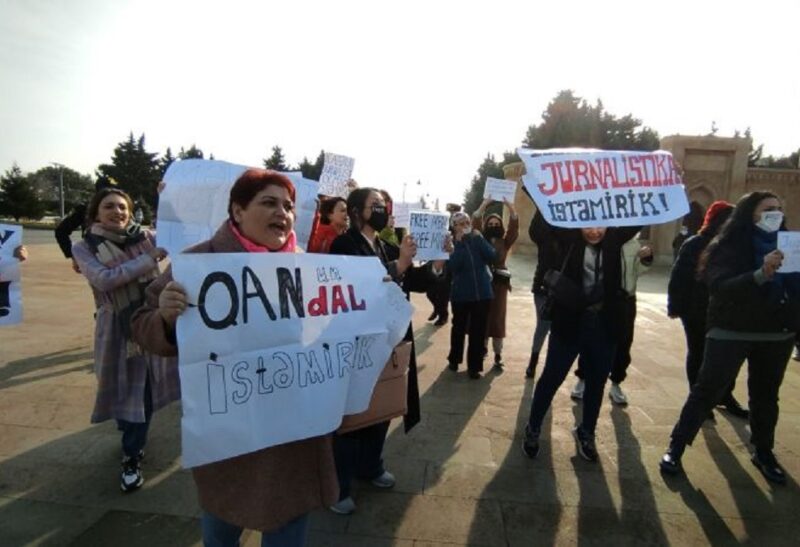

Irina, who refused to reveal her last name for privacy reasons, is a resident of Mariehamn, Aland Islands, Finland. She starts every day by preparing her three children and sending them to school. One of them, eight-year-old Roman, is severely disabled, with a diagnosis of cerebral palsy but yet, is able to live a life very similar to his siblings’, who do not have the disorder.
Cerebral palsy is a term for a number of non-progressive motor conditions that lead to physical disability. An individual with cerebral palsy has difficulties controlling muscles of the body and performing basic daily tasks. The disorder, which is usually diagnosed in early ages, or at birth, affects cerebrum, the part of the brain in charge of essential functions, such as language, movement, learning and memory. According to the World Health Organization, currently about 15 million people in the world live with cerebral palsy.
“A school bus picks him up, they take him to school. He can’t walk, he can’t eat, he can’t do anything by himself, and yet they teach him at school, they take him to therapy, all kinds of it – massage, horse therapy, swimming pool and etc. I couldn’t be happier,” Irina said.
Thanks to the government’s support, Irina and her husband, who are both employed, are able to provide, not having to deal with medical bills. Had Irina’s family stayed in Latvia, where she is originally from, she said, Roman’s life would probably be a nightmare. As in most post-Soviet countries, social support for children with special needs there is not well developed.
Finland, which shows some of the most amazing results in early intervention and special education according to the European Agency for Special Needs and Inclusive Education Country data for 2012, is not the only successful example. United States, Canada and many of the countries that are members of the agency, have advanced in providing intervention services as well.
Azerbaijan, home to roughly 61,000 children with special needs, is not a member of the agency and does not appear among advanced examples. However, there are positive prospects. The government has announced plans to introduce an inclusive education program for children with special needs in the near future. A number of rehabilitation centers is being built in the capital, and more social workers are being sent abroad to learn about intervention methods. The first lady Mehriban Aliyeva is known to be proactively involved in particular social support projects, such as support for children with thalassemia and improvement of boarding schools.
But when it comes to individuals like Lamiya Aliyeva and Dilyara, her seven-year-old daughter, things have not changed for them just yet.
Aliyeva lives in Yeni Gunashli – Baku’s outskirt, with her husband and Dilyara, who, just like Roman, was diagnosed with cerebral palsy. In her case it was due to birth complications, Aliyeva said.
According to her mother, Dilyara receives very minimal intervention usually in the form of rare free massage therapy sessions, or a trip to a Soviet-era run-down rehabilitation resort at the government’s expense. There are, however, no social support programs aimed at families like theirs. Most days even getting through ordinary chores is a challenge.
“We live on the fifth floor. No ramps for the disabled, as you can imagine. That means she rarely gets a chance to be outside, only on the balcony. No school, very basic therapy, which we pay for ourselves,” said Aliyeva, who stays at home to take care of Dilyara.
Her husband and father-in-law, she said, earn around USD 8,000 annually, over 40 percent of which they spend on therapy, doctor’s appointments and medicine for Dilyara.
“We are still lucky, at least we have a car, so my husband can carry her down the stairs, and then we get into the car and can take her to doctors. I don’t know how others manage. I know that many in Azerbaijan just let their children be institutionalized. I can’t blame them, try living with a disabled person in this city, you’ll see what a torture it is…” – she said.
In Azerbaijan children with disabilities are often sent to special institutions. There, children usually receive some therapy and intervention, but development plans are not personalized to specifically target individual conditions. For example, children on the Autism Spectrum Disorder are often diagnosed with schizophrenia and behavioral problems, and are treated with drugs instead of Applied Behavioral Analysis therapy.
According to Tahiba Guliyeva, director and psychologist at the Professional Psychology Center’s Child Development Club, a number of private and public initiatives have been implemented in recent years in Azerbaijan. However, the overall situation is still far from perfect:
“The free rehabilitation centers are lacking in terms of the limited number of therapy sessions. For example, children with cerebral palsy get only 10-15 therapy sessions. Although serious steps have been taken in this sphere in the recent years, there is still a need for more attention and support.”
In the United States, which is among the most proactive countries in terms of early intervention, experienced therapists and special education experts stress the importance of early intervention for children with special needs.
Debbie Allen, Occupational Therapist, who works with small children with disabilities in Washington, DC metro area, said early intervention is vital for brain development. According to her, if children are institutionalized, they lose in terms of interactions with peers, the outside world, as well as therapeutic intervention.
“Children, with disabilities, or without, learn better from each other,” said Allen.
Lisa Kinzer, early special education specialist, practicing in Washington, DC area, says at early stages a child’s brain is like a sponge, and if the parents wait till later, they might miss a very important time.
Jennifer Mirzahi, CEO of RespectAbilityUSA.org, a non-profit organization aimed at improving the attitudes towards disabled people in society, said the world might have lost some of its best minds, if it was not for early intervention:
“Why should we bother teaching people with disabilities? Well, Albert Einstein was dyslexic and likely also had Asperger’s (a form of Autism). He unlocked secrets of the universe. Imagine, if no one took the time to let him learn?”
According to Tracy Huppert Magee, MEd, CCC-SLP from Washington, DC, early intervention also defines the individual’s future:
“Many studies have also exhibited that providing services at a very early age will usually require less financial funding from the community as the child becomes an adult. Overall, early intervention services not only helps the child, but his/her family and the society as a whole.”
Speaking of society, Aliyeva pointed out that she and her daughter felt like social outcasts in Azerbaijan.
“Everyone stares, children yell nasty things. Neighbors gossip behind our backs, people look down at us; everyone is treating us and our daughter as if she is some kind of an animal”, she said, adding that it’s not just the government, but the society too that needs to change its attitude towards children with special needs.
Evidently, this issue should be addressed in early stages, too. According to the research presented at the British Psychological Society in August 2013, children that interact with people with disabilities from early ages, develop a better attitude towards them in the future. The survey, which involved more than 1,500 children aged 7-16, can offer a possible solution to stop discrimination and negativity towards disabled people.
According to Irina her son Roman has a pretty busy social life in Finland. He attends parties and various gatherings. He has four friends.
“There’s this one little girl who really adores him. We went to a Christmas party the other week, and I saw her hugging him and telling him all kinds of stories. He always smiles, when she is around, and I know he feels happy. I know, there is future for him,” Irina added.



